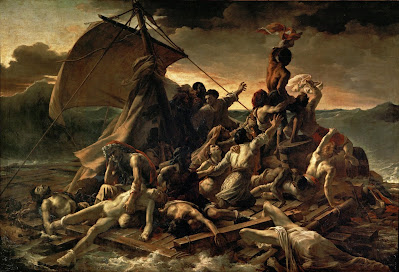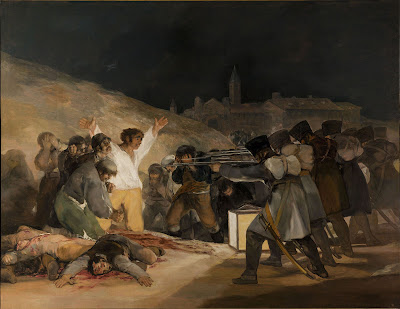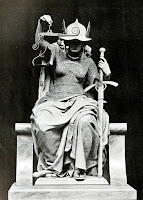Publication of my Guest Post on Aesthetics Research Lab

My essay Vivaldi for Gorillas: Seeking Aesthetics in Adversity was published in March 2020 on Aesthetics Research Lab , a "digital think tank and resource, revolving around theoretical and practical issues in aesthetics" conceived by Michael Spicher, PhD. Here is the link . In this essay, I discuss this question: Why does someone reach for beauty in circumstances of adversity when it is usually presumed that staying alive presupposes all else? Théodore Géricault, The Raft of the Medusa (1819) / Public domain (Wikimedia Commons)

